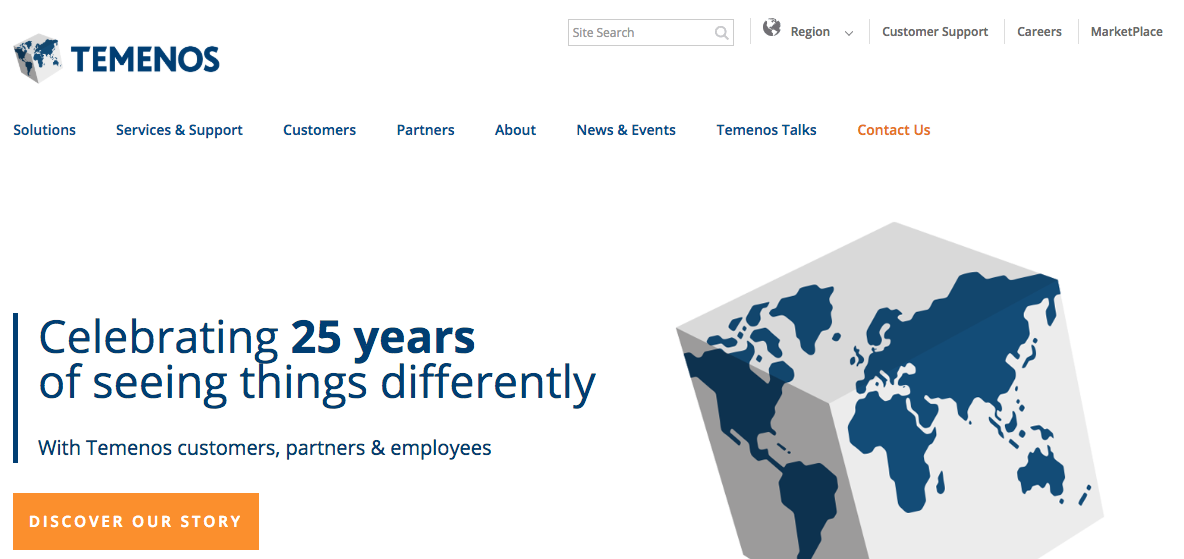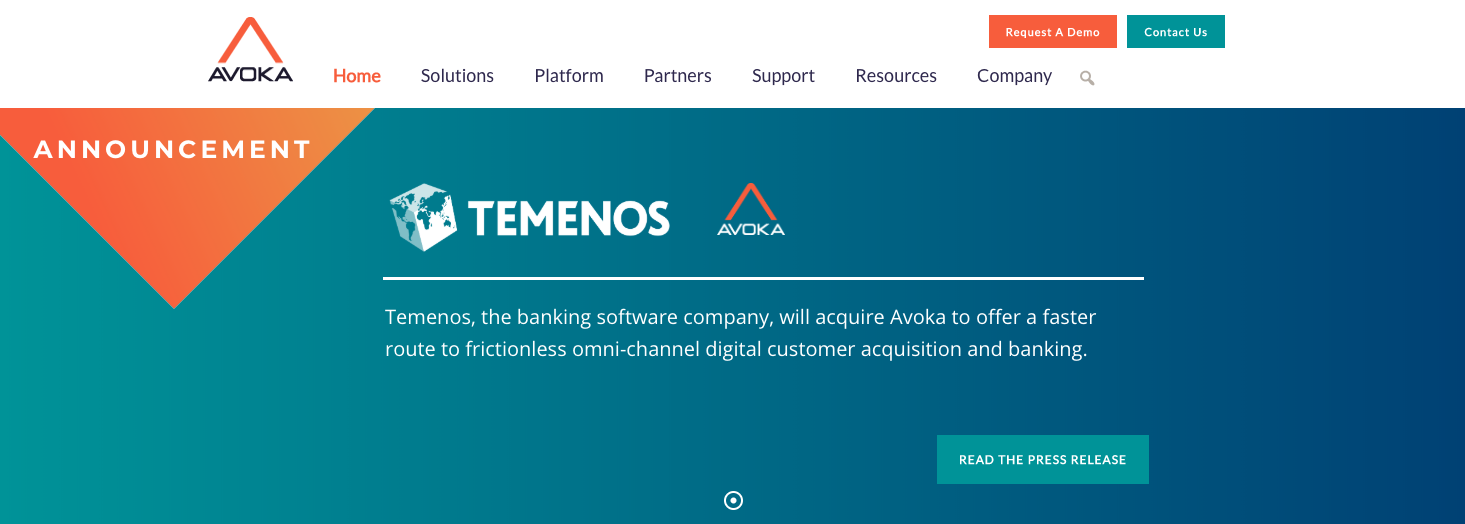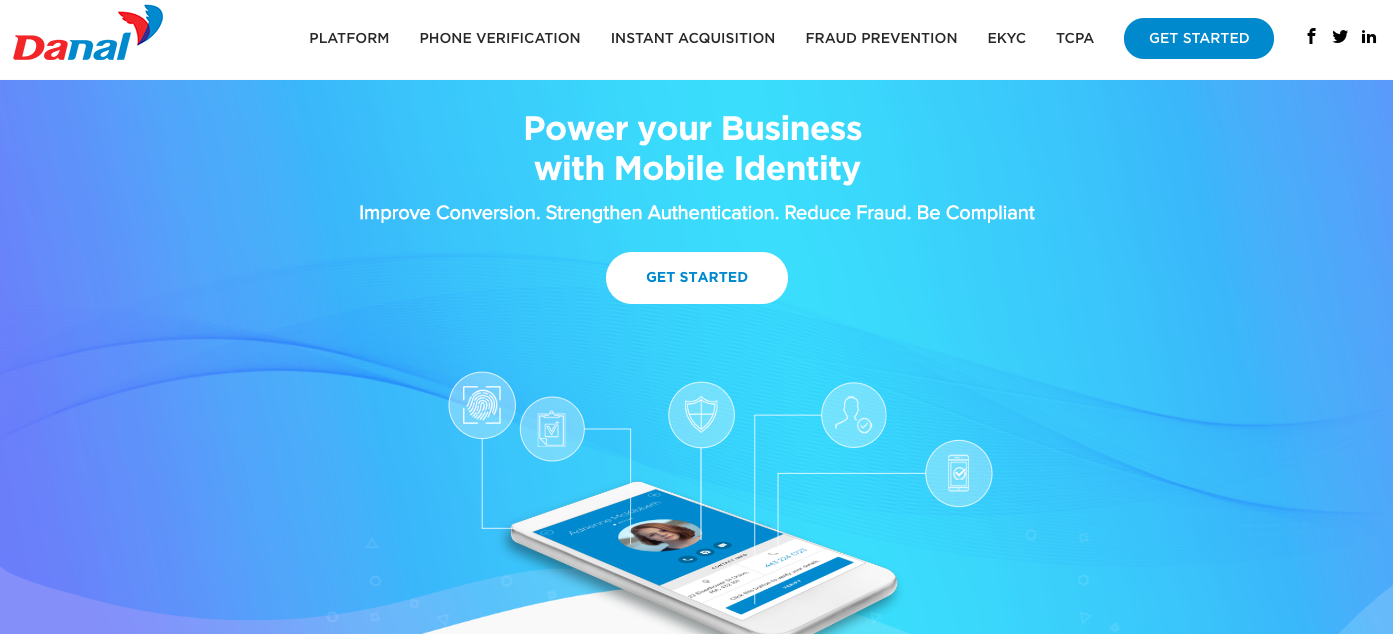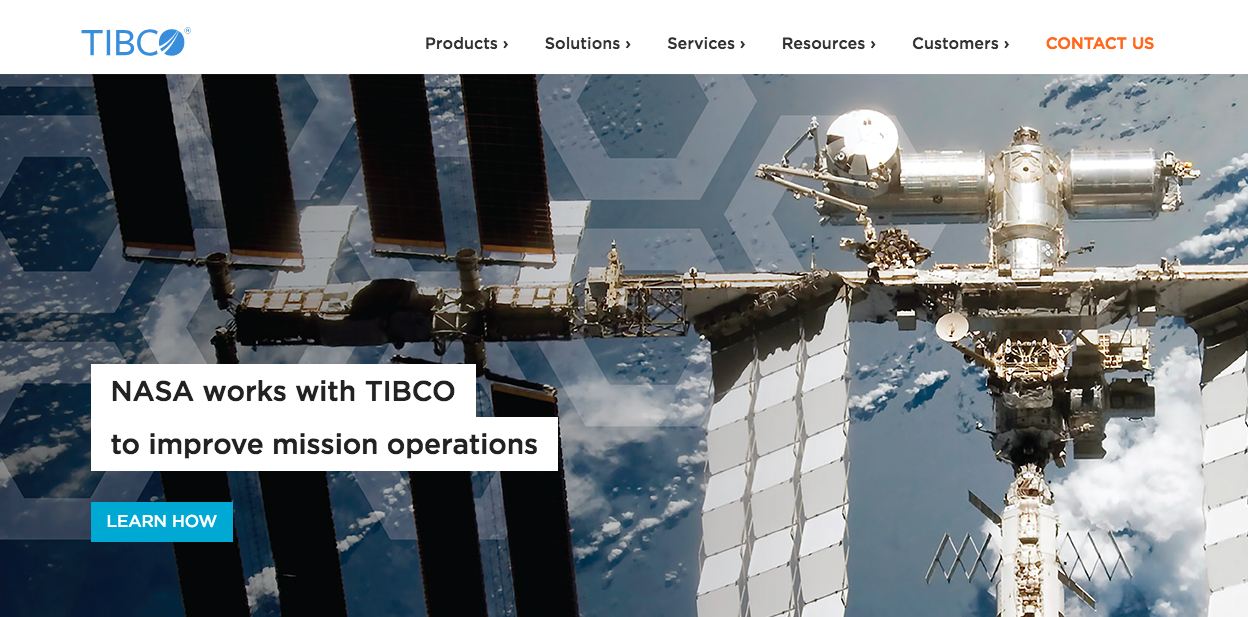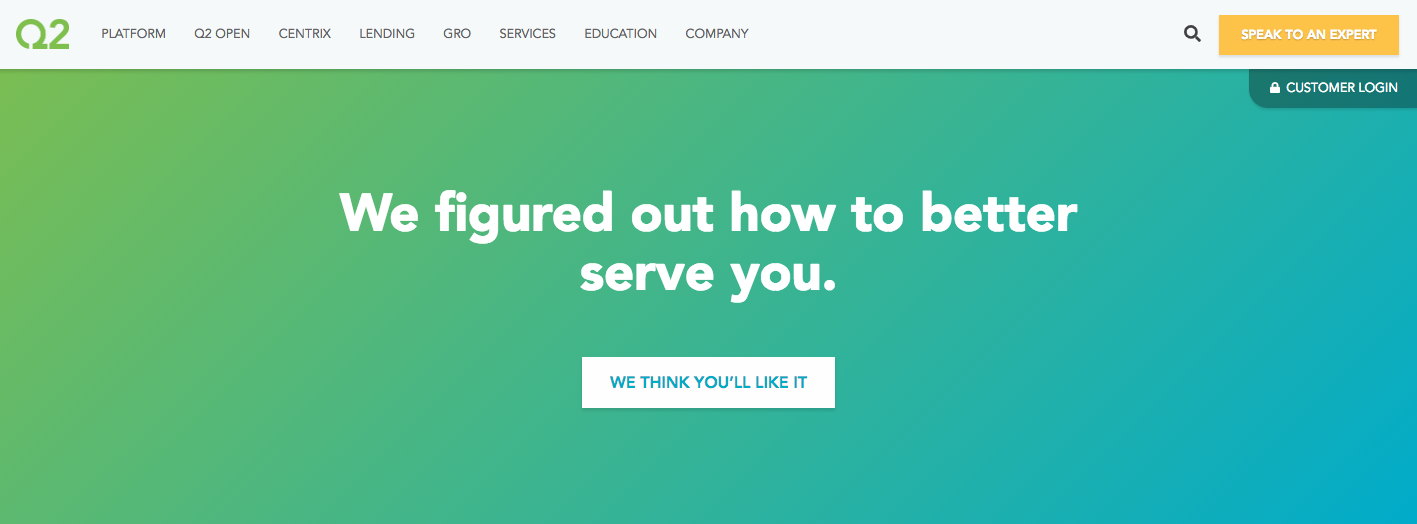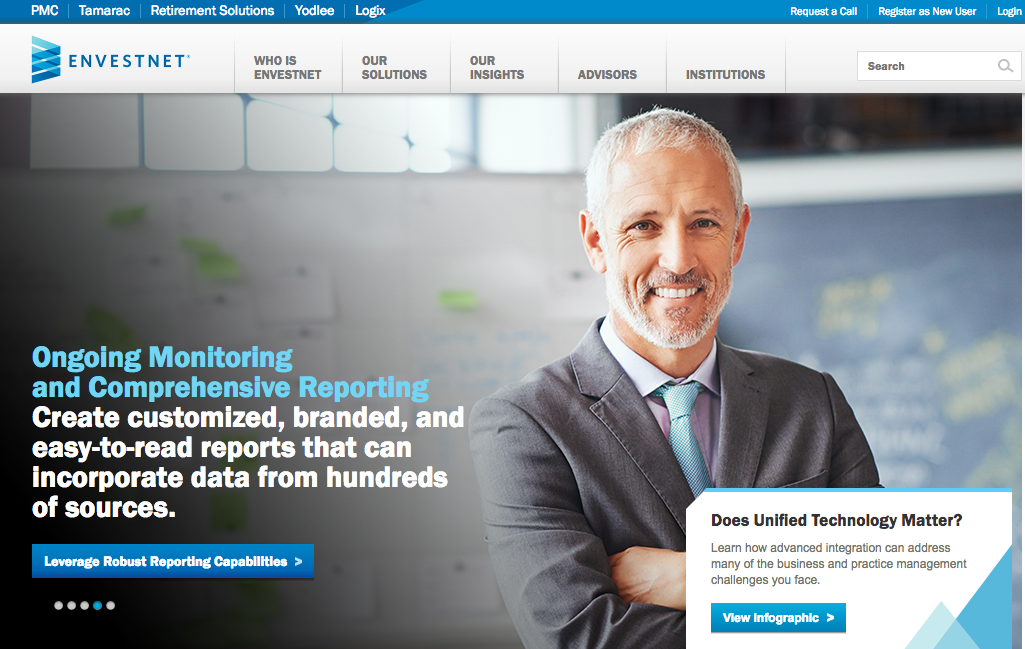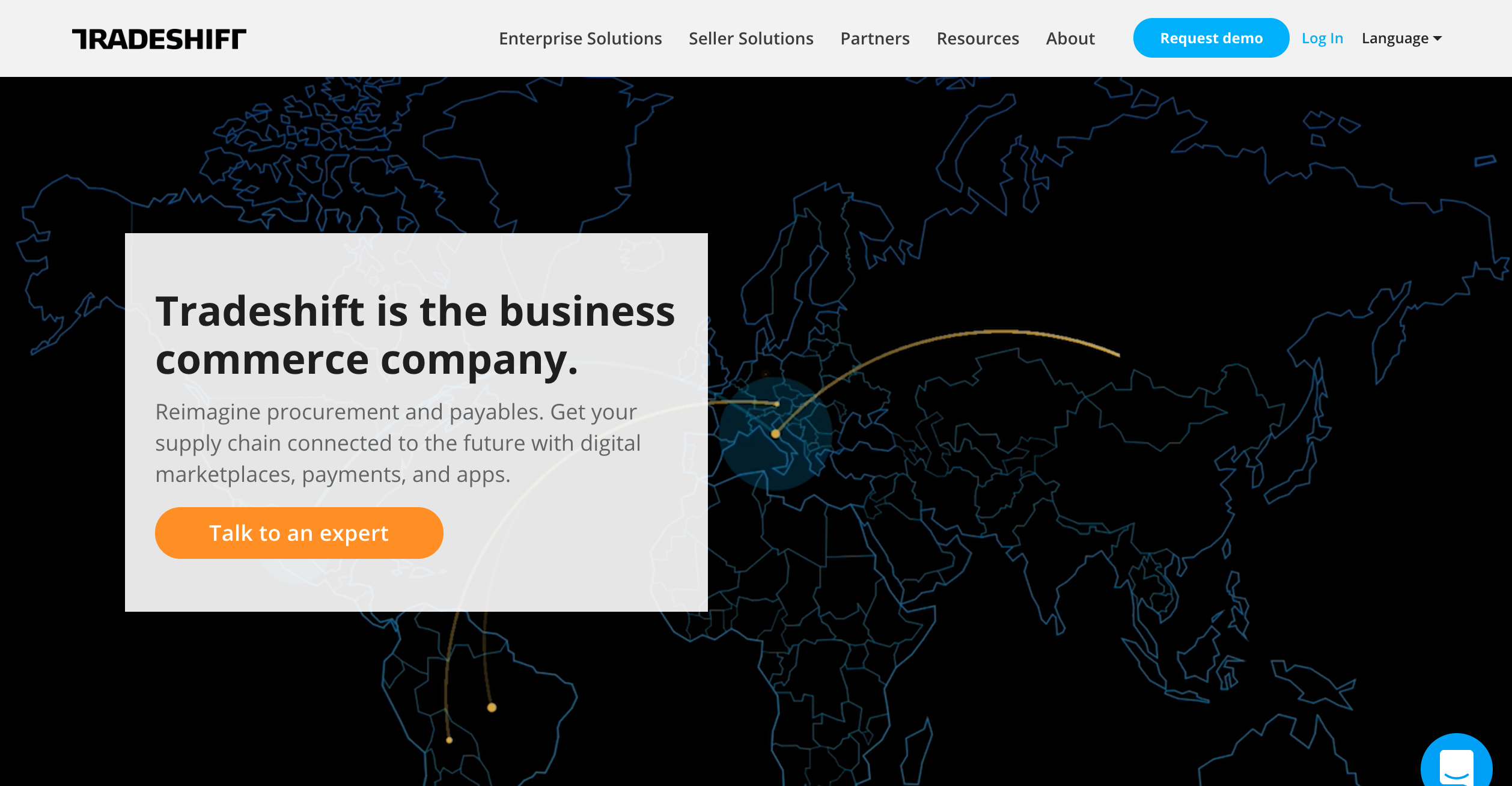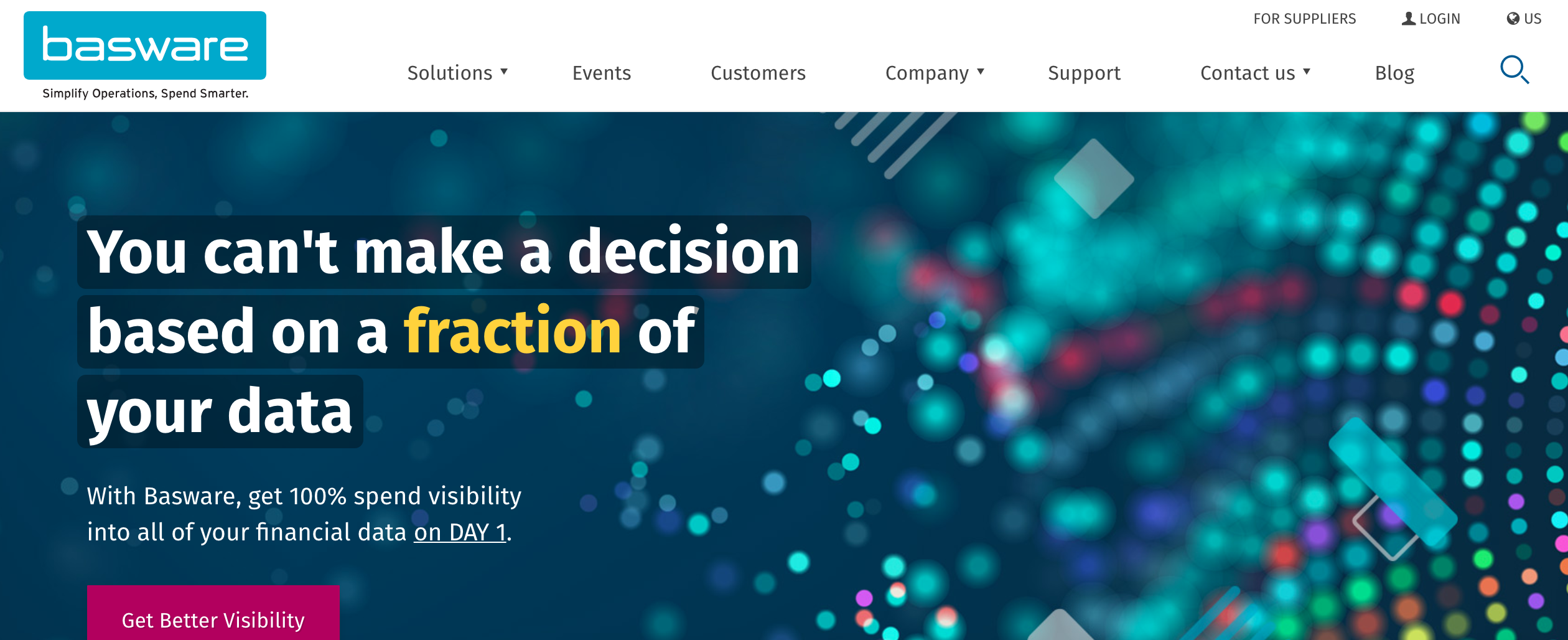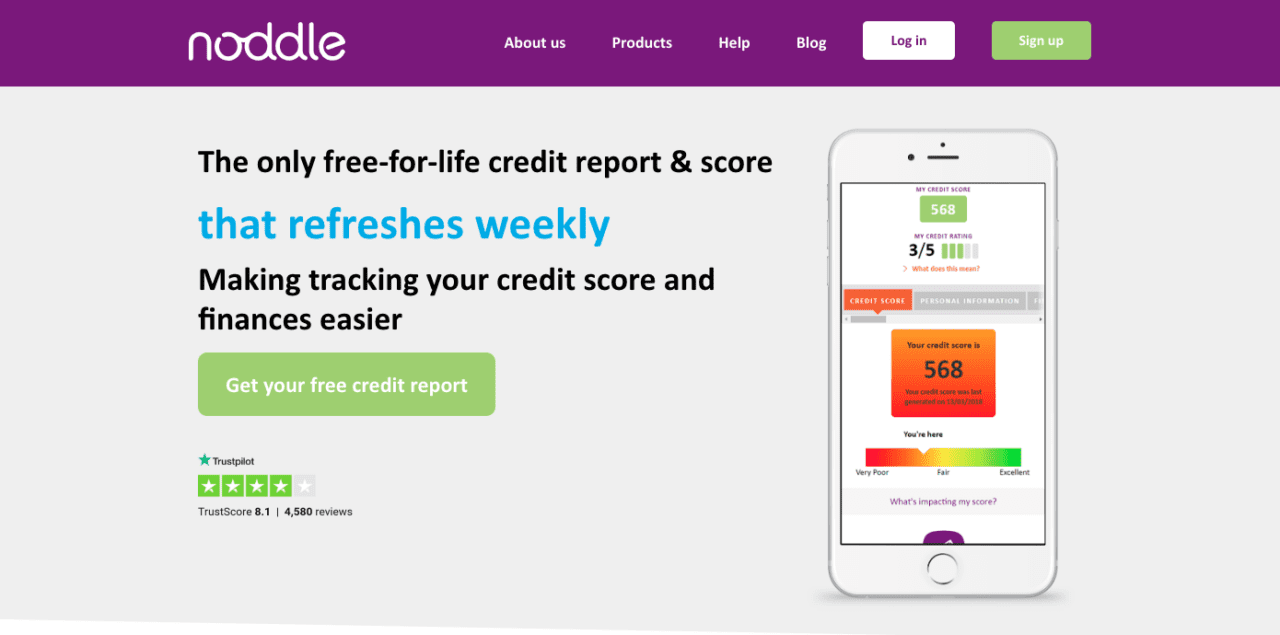Digital banking platform provider Zafin and global professional services company Accenture have forged a new relationship that is both a strategic alliance and an acquisition. The companies have announced a “joint go-to-market strategy” that will make Accenture the preferred integrator of Zafin’s financial platform. And by bringing on “select employees” from Zafin’s professional services business, Accenture also gains the technical integration and development capabilities it needs to enhance its own financial services offerings.
For Zafin, the alliance and acquisition gives the company the opportunity to “focus squarely on product innovation and technology” said CEO and founder Al Karim Somji. He added that the partnership also provides the Toronto, Ontario, Canada-based firm with “rapid scalability.”
“We are particularly proud of the work we’ve done with our clients globally,” Somji said, “and expect our expanded relationship with Accenture to enable us to accelerate our momentum in the market.”
Zafin offers financial institutions around the world technology that drives relationship pricing, bundling, and rates management strategies. The company’s platform enables financial institutions to boost revenue and efficiency by upgrading legacy infrastructure which, among other benefits, helps them improve client engagement via solutions and services that deliver greater customization for consumers and greater profitability for banks.
Head of Accenture’s global banking practice Alan McIntyre blamed legacy IT systems for the inability of many FIs to modernize the customer experience, and pointed to Zafin’s technology as a solution. “Zafin’s software enables financial institutions to improve their pricing, personalization and product configuration without having to replace their legacy systems,” the senior managing director said.
Zafin demonstrated its miRevenue enterprise banking platform at FinovateFall 2017. In May of this year, the company announced a partnership with Celero, an IT solution provider for credit unions. In April, Zafin inked a strategic partnership with the Empire Startups, a global community of fintech entrepreneurs, investors, and innovators.
Named one of Canada’s 50 fastest growing companies in 2016 by Deloitte, Zafin has more than 40 global banking customers in the U.S., Canada, Europe, Asia, and India. The company was founded in 2002, and raised $30 million in funding previous to the alliance and acquisition by Accenture.
With clients in more than 120 countries, Accenture offers a wide variety of strategy, consulting, technology, and operations services and solutions. The company partnered with mBank at FinovateFall 2013 to demonstrate the Polish bank’s next generation online banking platform. Accenture was founded in 1989, and is headquartered in Dublin, Ireland. With a market capitalization of $106 billion, Accenture trades on the New York Stock Exchange under the ticker “ACN.”


